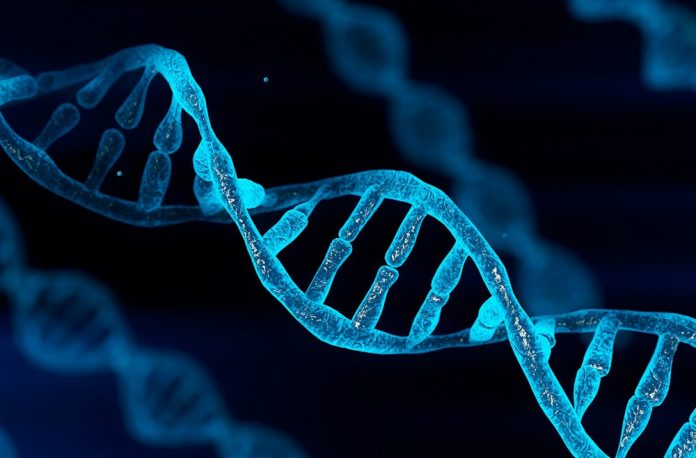There was a time that controlling hereditary qualities required careful selection of the parents. That time has passed. Nicolas Wade of The (NYT) reported that gene editing techniques have been approved for modification of human embryos in the UK. The article is titled “British Researcher Gets Permission to Edit Genes of Human Embryos”.
This use of the CRISPR technique in the UK follows work by a group of Chinese scientists that used a modification of the CRISPR technique using an enzyme called Cas-9 to produce monkeys for research projects. Kathy Niakan, PhD of the Francis Crick Institute in London has received permission to alter genes of eggs that will not be implanted into a human womb. The Chinese have done similar work with human eggs, and also claimed to not fertilize and implant the genetically altered eggs to create a fetus.
There are attempts to establish a global moratorium on genetic research for several reasons. A major objection to these procedures is that even the CRISPR Cas-9 technique does not have the precision to perform gene splicing with certainty that no other areas of DNA are altered. If babies are created and then allowed to reproduce, unexpected results could result in the human population for generations.
Dr. Niakan’s goal is focused on improving the outcomes of in-vitro fertilization attempts by understanding the process of cell division for the fertilization of an egg with sperm until a blastocyst stage is reached about seven days after the procedure. Previous justification has focused on experimental repairs of defective genes with the possibility of preventing many hereditary diseases that cause major pain and suffering in the global population.
Studying the first few days after fertilization will help identify the key switching mechanisms that lead to more complex cell structures to eventually lead to forming a viable fetus. If CRISPR Cas-9 techniques are used to splice key DNA sequences, the outcome could define the characteristics of a resulting human being. A key point made by the NYT article summarized the major fear of applying this technique.
Because changing the human germ line is perceived to hold far-reaching consequences, the leading scientific academies of the United States, Britain and China issued a joint statement in December asking researchers around the world to hold off on altering human inheritance.
Congress has prohibited the use of federal funds for this area of human genetics, but private funding is allowed. The UK has been a pioneer in many areas of genetics. Withholding federal research funding in human genetics could put the US behind the UK and China in developing new techniques to solve fertility issues, cure hereditary diseases, cure cancers and diseases like diabetes.
British researchers have pioneered many advances in reproductive biology, including the first test-tube baby, embryonic stem cells (at least in mice, from which it was easy for others to adapt the technique to humans) and mitochondrial replacement therapy.
Every technical development has the potential for great good or great harm. This is especially true with using advanced gene altering techniques to potentially enable eugenics to be achieved. At the same time, heart disease, diabetes, multiple sclerosis, hereditary cancers, and other diseases could be eliminated at the cellular level.
The debate regarding genetic modifications will continue. It is unrealistic to think that this technology will not be utilized in humans. An added complication is that CRISPR Cas-9 can be applied at much lower costs and with lesser skilled scientists than prior methods. The eugenics genie is out of the bottle forever. The knowledge cannot be eliminated, but the moral application needs to be honored. The prophetic vision of the Brave New World is now within the reach of many. Like the effort to limit the spread of nuclear weapons, the containment of genetic manipulation requires an international cooperation to focus on reducing diseases and suffering, and not on production of a super race.
The NYT article provides a very useful illustration to help understand the process that is being studied by Dr. Niakan. This topic will continue to be thrust into the public consciousness. Better understanding of the gene modification process will result in keeping the potential good in perspective and reduce the religious fervor that will inevitably result in condemnation of this as playing God.















